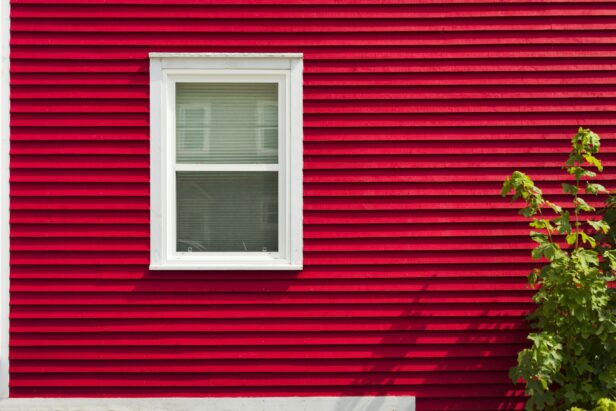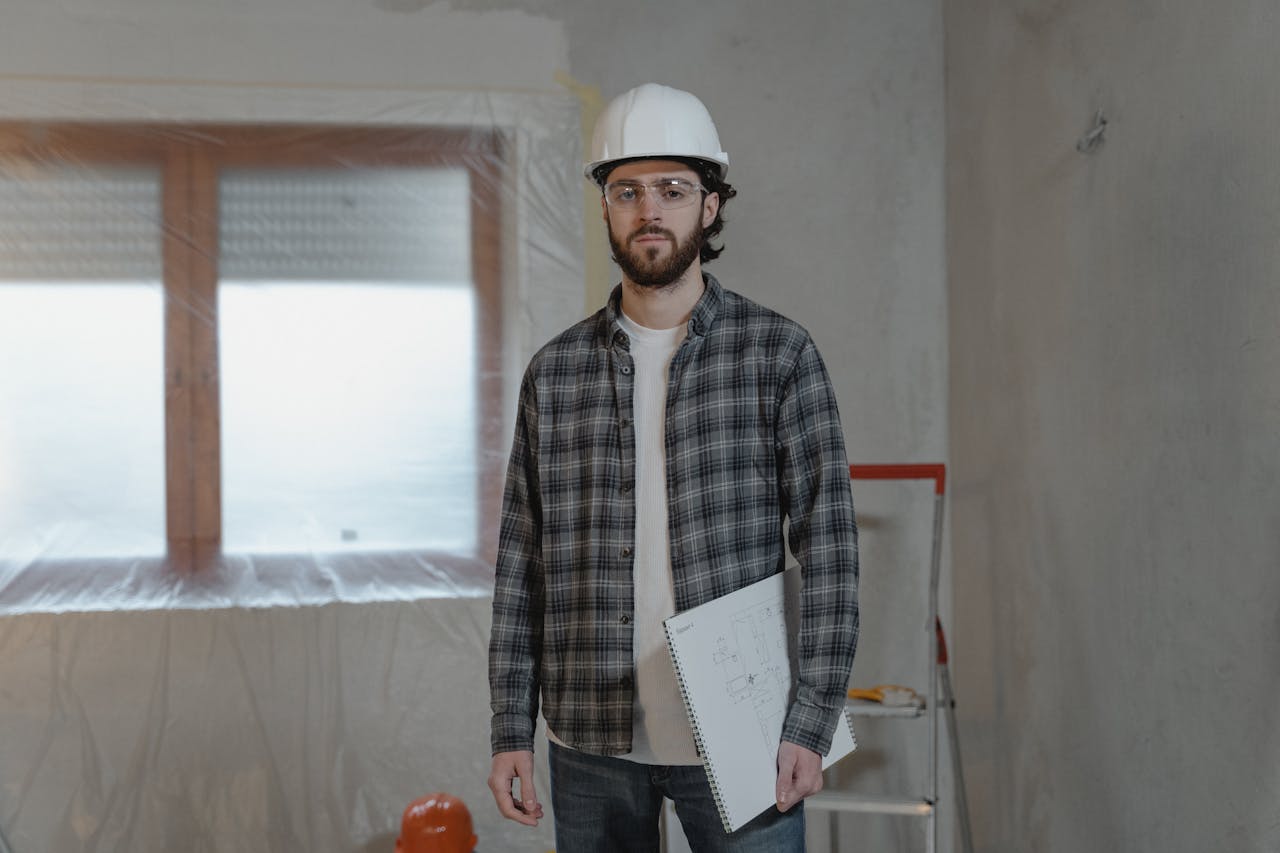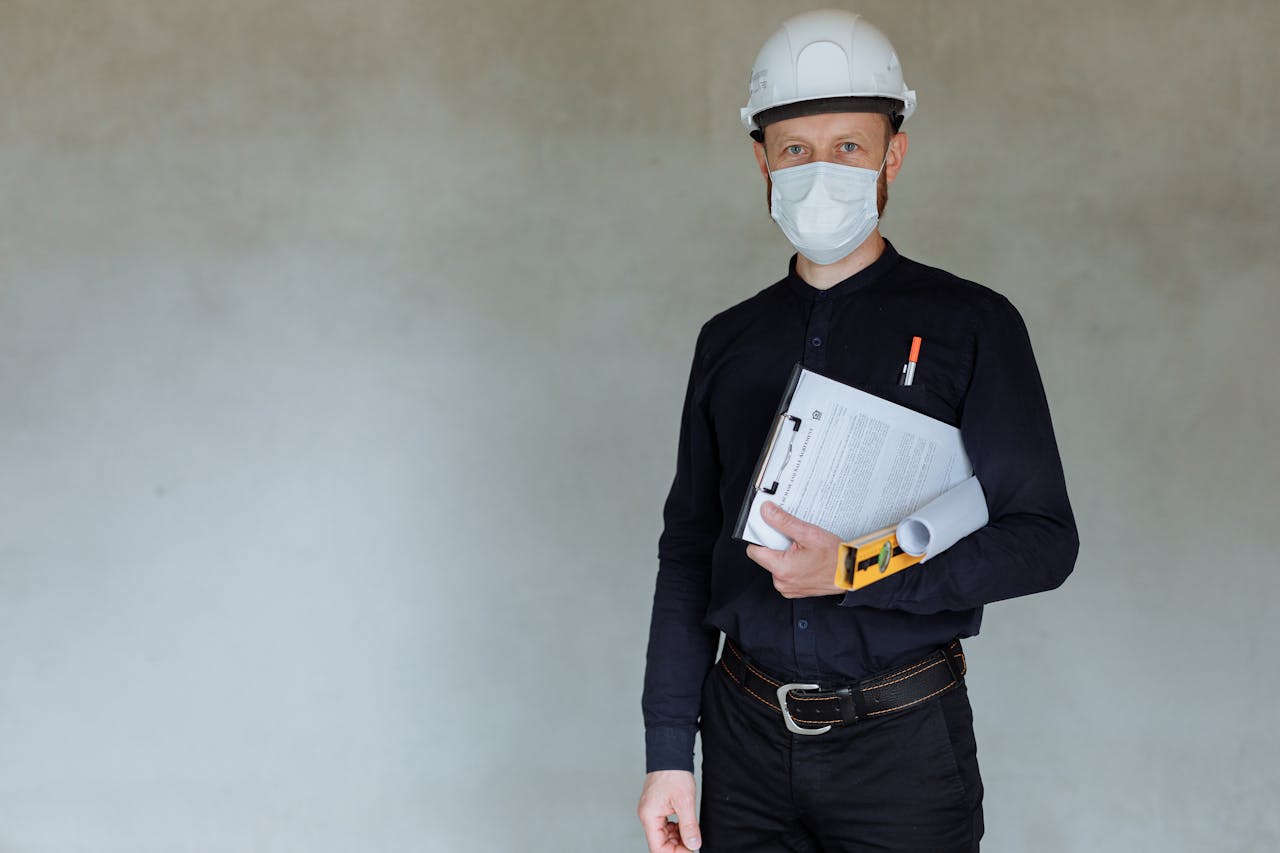Replacing your home’s siding is a significant exterior investment for Dallas property owners. With projects typically ranging from $6,000 to $16,000, the final cost depends largely on your choice of materials, property size, and current market labor rates. For a standard single-family home, this investment not only restores weatherproofing but also enhances your property’s curb appeal.
Material choice greatly influences your budget. Dallas homeowners face a range of per-square-foot costs: vinyl siding installation costs approximately $3.50 to $8.00 per square foot, while fiber cement (James Hardie) products, increasingly popular despite recent supply challenges, typically cost $6.00 to $12.00 per square foot installed. Traditional wood options, which perform well in Dallas’s variable climate, range from $4.89 to $5.29 per square foot for pine, spruce, or fir clapboard.
Beyond materials, your final calculation should include siding removal and disposal (approximately $1,000-$3,000) and consider your home’s architectural complexities. Properties with multiple stories, numerous corners, or intricate trim details require more labor and specialized cutting, which can increase costs. Analyzing projects across different Dallas neighborhoods, we consistently find that accessibility and existing siding condition significantly impact the total investment needed.
What Are the Different Siding Material Options for Dallas Homes?
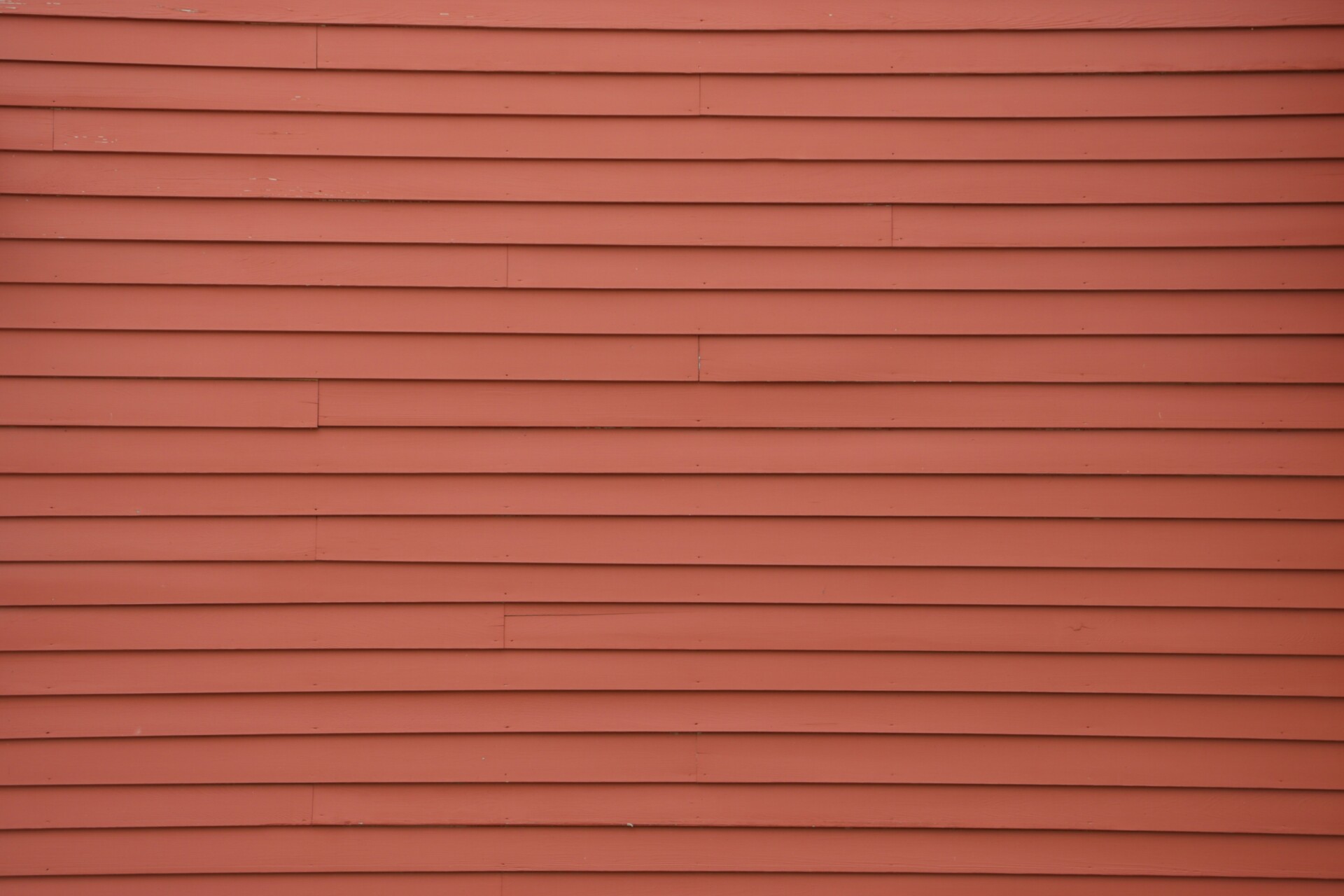
Dallas homeowners face an important decision when selecting siding materials that can endure the region’s subtropical climate, characterized by high humidity, wide temperature variations, and annual rainfall that can reach up to 50 inches. The right siding not only enhances your home’s aesthetic appeal but also provides essential protection against these challenging weather conditions.
Vinyl Siding: Budget-Friendly Protection
Vinyl is the most economical choice for Dallas homes, starting at $9.75 per square foot for standard options and $11.50 for premium varieties. For an average 2,000 sq. ft. home, total costs range from $6,000 to $12,000 including installation. Vinyl requires minimal maintenance but doesn’t significantly increase property value compared to other materials.
Despite its lower price point, today’s vinyl products offer improved durability and come in numerous colors and styles. This versatility allows homeowners to achieve looks ranging from traditional to contemporary affordably. The material’s lightweight nature also simplifies the installation process.
Fiber Cement: Durability Meets Style
James Hardie fiber cement siding starts around $14.25 per square foot installed, making it a mid-range option that typically costs between $10,000 and $20,000 for a complete home installation. This engineered product combines cement, sand, and cellulose fibers to create panels with exceptional resistance to rot, fire, and insect damage.
Fiber cement’s popularity in Dallas stems from its ability to withstand humid conditions while maintaining its appearance for decades with minimal upkeep. Available in various textures that can mimic wood or maintain a smooth, contemporary appearance, it offers design flexibility with significantly improved durability over natural materials.
Engineered Wood: Performance and Natural Appeal
Engineered wood products like LP® SmartSide® start at approximately $16 per square foot installed. These products combine real wood fibers with resins and waxes to create siding resistant to the moisture and insect challenges that traditional wood faces in Dallas’s climate.
This option delivers the warm, natural aesthetic of wood with enhanced performance characteristics. With proper installation and maintenance, engineered wood can last 20-30 years in our local climate, making it a solid investment for homeowners seeking natural beauty with modern protection.
Cedar and Traditional Wood: Natural Beauty at a Premium
Natural cedar siding starts at approximately $18.50 per square foot installed, positioning it among the premium siding options for Dallas homes. Cedar’s natural beauty and distinctive grain patterns create a rich, timeless aesthetic that many homeowners find worth the investment and maintenance requirements.
Cedar requires more upkeep than engineered alternatives, including regular sealing and staining every 3-5 years to maintain its appearance and protective qualities. Without proper maintenance, natural wood can succumb to moisture damage, warping, and insect infestations in our humid climate—issues that typically aren’t covered by standard warranties.
Metal and Aluminum Options
Standard metal siding can range from $2 to $8 per square foot depending on the specific material, with labor adding $70-$120 per hour for installation. Premium aluminum options like Longboard start at a substantial $54.40 per square foot installed but offer exceptional longevity and contemporary styling suitable for modern architectural designs.
Metal siding provides excellent protection against Dallas’s occasional severe weather events, including hail and high winds. These materials resist moisture damage, won’t rot or warp, and typically require minimal maintenance beyond occasional cleaning, making them particularly well-suited for busy homeowners.
Specialty Materials: Stucco and Stone
Stucco siding starts at around $18 per square foot installed, while cultured stone begins at approximately $42.50 per square foot. These specialty finishes provide distinctive textures and appearances that can complement specific architectural styles popular in certain Dallas neighborhoods.
These premium materials offer excellent durability and weather resistance when properly installed. While the initial investment is higher, their longevity and lower maintenance requirements can provide value over time for homeowners planning to stay in their properties long-term. Both options create distinctive curb appeal that differentiates homes from those with more common siding choices.
What Factors Affect the Cost of Siding Replacement in Dallas?

When we coordinate siding replacement projects in Dallas, property owners often ask about cost variables. The final price tag depends on several interconnected factors that we carefully evaluate during our estimation process. Understanding these components helps developers and property owners build realistic budgets for their exterior renovation projects.
Material Selection
The siding material you choose forms the foundation of your project budget. Vinyl remains the most economical option in the Dallas market, typically ranging from $3.50 to $8.00 per square foot installed. Mid-range options like engineered wood cost about $4.00 to $9.00 per square foot, while premium materials require higher investments.
Fiber cement siding, such as James Hardie products, represents a significant portion of our Dallas installations. These durable systems cost between $6.00 and $12.00 per square foot installed but offer exceptional longevity in our challenging Texas climate. Natural wood and metal siding options generally range from $5.00 to $14.00 per square foot depending on species and gauge.
Property Size and Configuration
Your home’s square footage directly impacts material quantities, but the complexity of your structure matters just as much. When we assess Dallas properties with multiple elevations, intricate architectural details, or numerous corners, we account for additional labor and materials needed to properly execute these challenging areas. Two homes with identical square footage can have vastly different siding costs based on their architectural complexity.
Multi-story structures also increase costs. Working above ground level requires additional safety equipment, scaffolding, and time—all factors we consider when preparing estimates. These elements typically add 15-30% to overall project costs compared to single-story structures.
Removal and Prep Requirements
The condition of your existing siding significantly impacts labor costs. When we encounter severely damaged siding, deteriorated sheathing beneath, or evidence of moisture intrusion, proper remediation becomes necessary before new siding installation. This preparation work ensures the long-term performance of your investment.
Beyond removal, we coordinate debris hauling and comprehensive site cleanup, which can cost between $1,000 and $3,000 for an average Dallas home. Properties with difficult access, limited workspace, or restricted disposal options may incur additional logistical costs.
Accessory Components
Complete siding systems require more than just the visible exterior panels. We include critical elements like house wrap, moisture barriers, insulation, trim details, and flashing in our project scopes. These components—while sometimes overlooked in basic estimates—can represent 20-30% of material costs but are essential for a properly functioning exterior envelope.
Window and door trim packages vary widely based on style and material, potentially adding $500-2,500 to your project. Similarly, soffit and fascia replacement often makes sense during siding projects, particularly when addressing older homes where these components have deteriorated alongside the siding.
Local Dallas Factors
Dallas-specific building codes and permit requirements factor into your project costs. We manage permit acquisition and inspection coordination, with fees typically ranging from $200-500 depending on your specific Dallas neighborhood or suburb. Storm-resistant requirements have become increasingly important in our region, sometimes necessitating specific installation methods or reinforcement.
The seasonal timing of your project can also influence pricing. Dallas experiences peak demand for exterior renovations in spring and fall when weather conditions are optimal, sometimes resulting in premium pricing during these busy periods. Winter projects occasionally offer more competitive pricing but may face weather-related scheduling challenges.
How to Find Reliable Siding Contractors in Dallas?
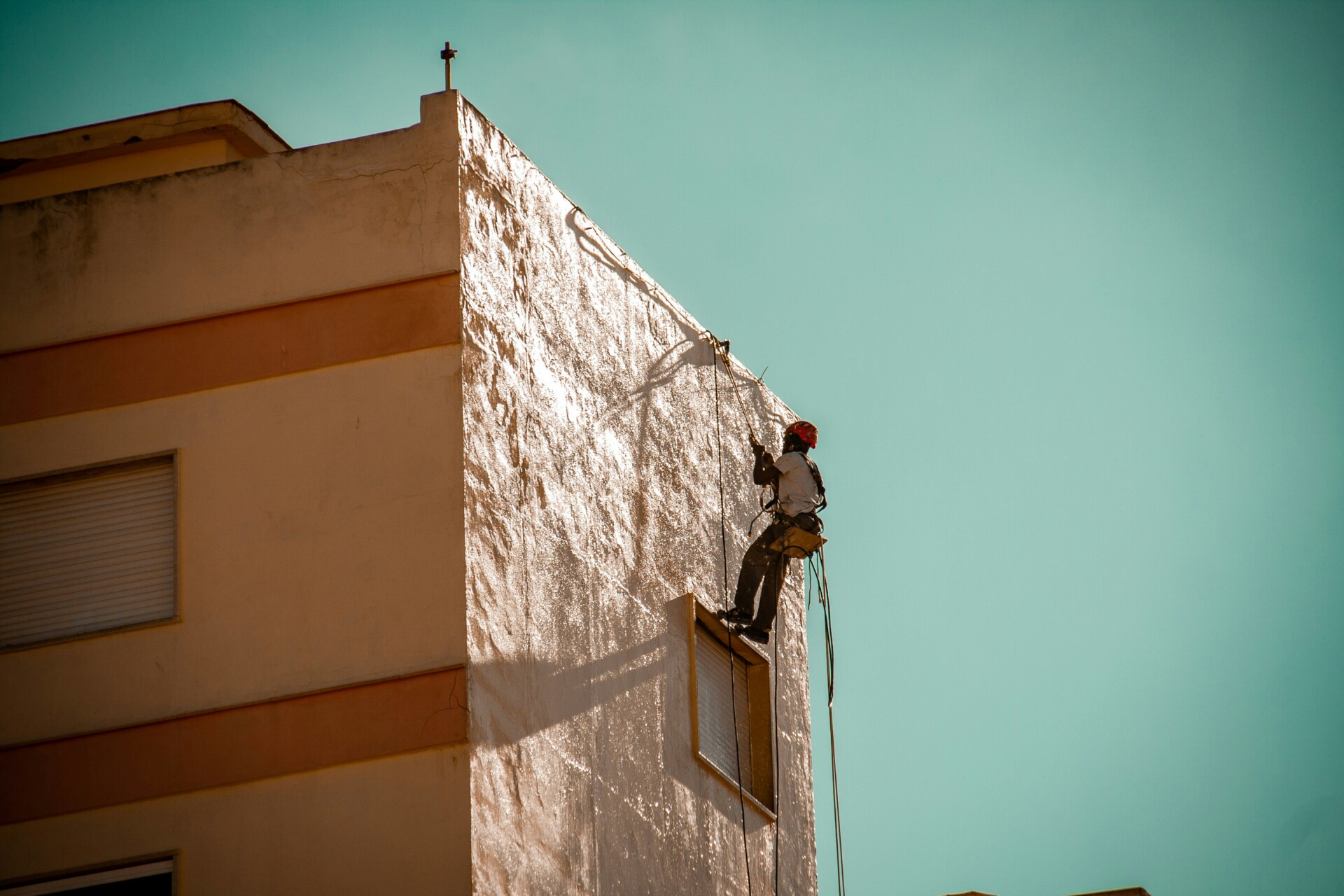
The backbone of any successful siding project lies in selecting the right contractor for the job. We have seen firsthand how the quality of installation directly impacts a building’s longevity, especially in Dallas, where homes face everything from searing summer heat to occasional hailstorms. Finding experienced professionals requires more than a quick internet search—it demands a strategic approach to contractor evaluation.
Verify Credentials and Insurance
When we assess potential partnerships with subcontractors, we always start with proper documentation. For your protection, ensure any siding contractor carries comprehensive liability insurance and workers’ compensation coverage. Legitimate Dallas siding contractors should readily provide their Texas contractor license numbers and proof of insurance documentation when requested.
Beyond basic licensing, look for contractors who maintain certifications from major manufacturers like James Hardie or vinyl siding associations. These credentials indicate that installers have undergone specialized training in proper installation techniques—a critical factor in material performance and warranty protection.
Do not hesitate to verify the validity of credentials through the appropriate licensing boards or manufacturer websites. The most reputable companies welcome this level of due diligence and transparency.
Evaluate Experience and Specialization
The Dallas-Fort Worth climate presents unique challenges for exterior building materials. Extreme temperature fluctuations, intense UV exposure, and periodic severe weather events demand specialized installation knowledge. We recommend focusing on contractors with extensive local experience who understand regional building code requirements and climate-specific installation practices.
Ask pointed questions about their experience with your specific siding material—whether it is fiber cement, vinyl, engineered wood, or traditional cedar. Each material requires different handling techniques, tool requirements, and installation methods. A contractor specializing in vinyl siding may not have the same expertise with fiber cement installation, which requires specialized cutting tools and fastening methods.
Additionally, request information about their crew structure. Do they employ permanent installation teams, or rely primarily on temporary labor? The consistency of installation crews often directly correlates with quality outcomes and project timelines.
Review Their Project Portfolio
Examining a contractor’s completed work tells the story that credentials alone cannot. Request to see examples of recent siding projects similar to your planned installation. Professional siding contractors should maintain comprehensive portfolios showcasing their expertise across different architectural styles and siding materials.
Pay particular attention to installation details around windows, doors, and complex architectural features—these transition points often reveal the true craftsmanship quality. Properly executed corner treatments, trim work, and flashing installation are telltale signs of expertise that directly impact both aesthetics and weather resistance.
When possible, ask for references from homeowners in your specific area whose projects were completed at least a year ago. This provides insight into both installation quality and how the contractor handles any post-installation service needs.
Assess Communication and Proposal Quality
The thoroughness of a contractor’s proposal often reflects their overall professionalism. We believe comprehensive quotes should include detailed material specifications, preparation requirements, installation methodology, and project timelines. Vague estimates lacking specific details often lead to misunderstandings and unexpected costs later.
Evaluate how contractors handle your initial inquiries. Prompt responses, willingness to answer technical questions, and transparent discussion of potential challenges indicate a company that values clear communication. Professional siding contractors should conduct thorough on-site evaluations before providing estimates, as proper measurements and existing condition assessments are essential for accurate pricing.
Be wary of contractors pushing for immediate decisions or offering dramatic discounts with time limitations. These high-pressure tactics rarely align with quality workmanship and often mask hidden costs or substandard materials.
Understanding Warranties and Post-Installation Support
Quality siding installation should include both manufacturer material warranties and workmanship guarantees. Top contractors stand behind their installation with formal warranty documentation, not just verbal assurances. Understand the distinction between material warranties (provided by manufacturers) and installation warranties (provided by contractors).
Ask about their process for addressing post-installation issues. How quickly do they respond to service requests? What is their protocol for addressing warranty claims? The most reliable contractors maintain dedicated service departments for handling customer concerns after project completion.
Remember that even the best materials will underperform if improperly installed. Many manufacturer warranties become void if installation guidelines are not strictly followed—making contractor expertise directly relevant to your long-term protection.
Conclusion: Making the Right Choice for Your Dallas Home Siding Replacement
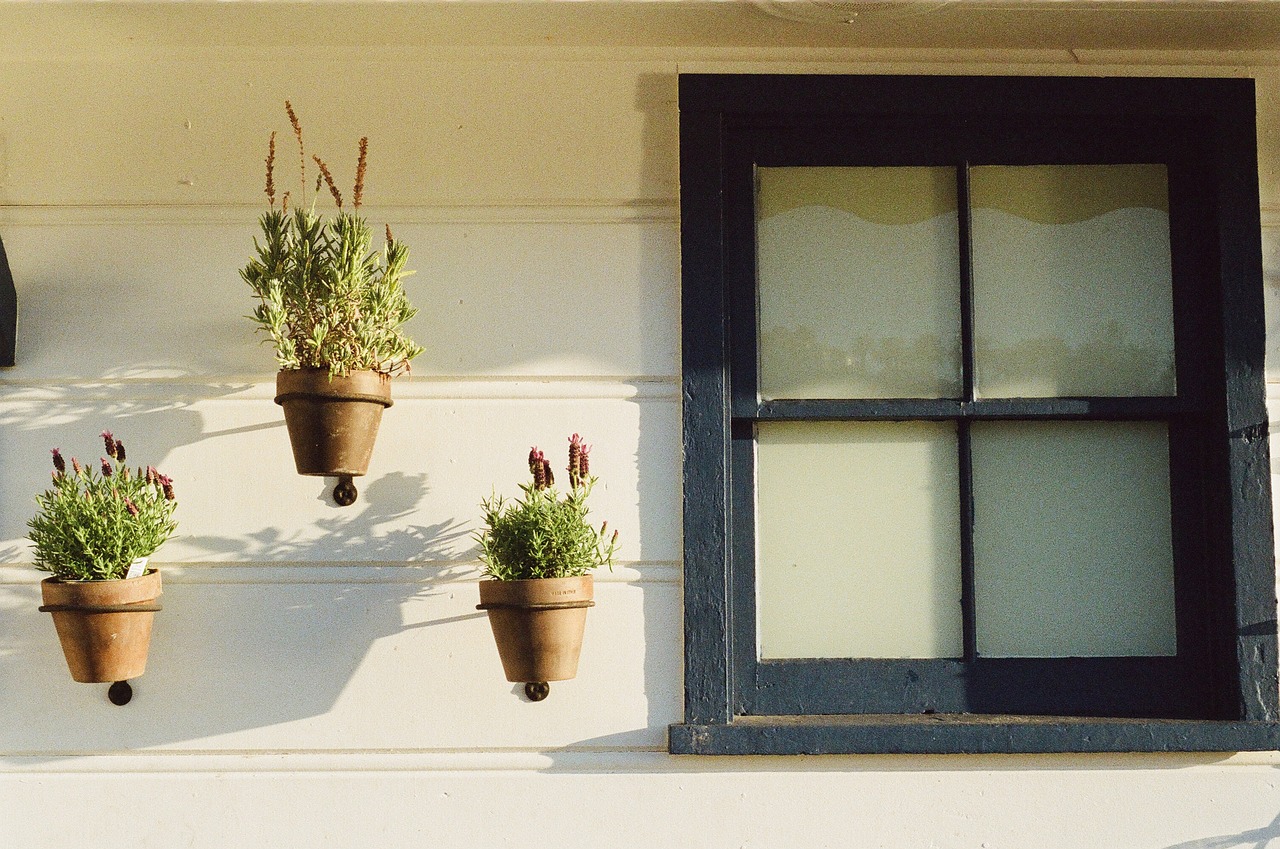
Replacing your home’s siding is one of the most significant exterior investments you’ll make as a property owner in Dallas. We recognize the complexity of this decision—balancing material costs, durability requirements, and aesthetic preferences while addressing Dallas’s unique climate challenges. Throughout our years coordinating siding replacements, we’ve seen how the right approach transforms not just a building’s appearance but also its structural integrity and energy efficiency.
The Dallas climate requires careful material selection. While vinyl siding offers cost-effectiveness at $3-11 per square foot with minimal maintenance, fiber cement provides superior durability against our summer heat and occasional severe storms. For properties where architectural character is key, engineered wood or brick veneer options deliver distinctive curb appeal while still offering necessary protection. As construction professionals, we focus on helping our clients understand these tradeoffs rather than promoting one-size-fits-all solutions.
The success of your siding project ultimately depends on professional installation expertise. When selecting a contractor, we recommend prioritizing those with proven experience in Dallas-specific installation techniques, proper weatherproofing approaches for our climate, and quality workmanship backed by clear warranties. By investing in quality materials and professional installation now, you’re not just improving your property’s appearance—you’re enhancing its weather resistance, energy efficiency, and overall value for years to come.
Ready to transform your property’s exterior with professional siding installation? Contact EB3 Construction to discuss your project needs.

